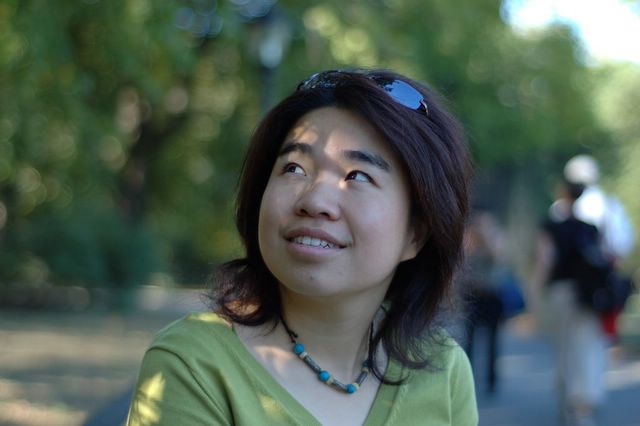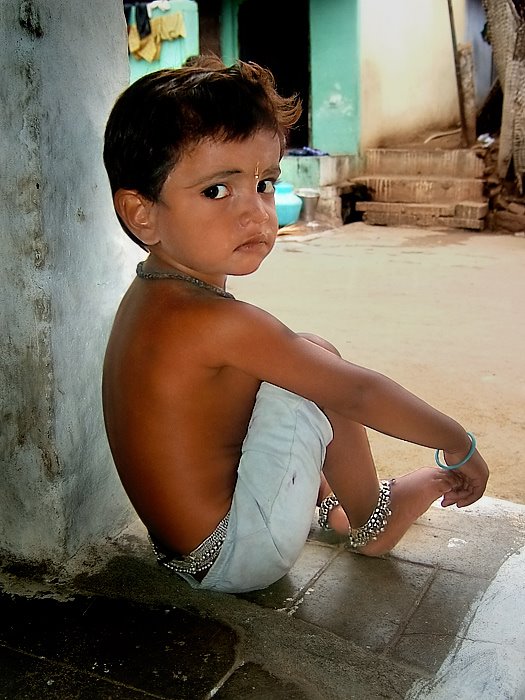2006年9月30日星期六
New York Film Festival
I am not old enough to write memoir. But certain themes come back to me again and again and bring me the unexpected joy of being. Something simple and fantastic. They shape the form of my present life and I as an individual. Among these beautiful things, the stories around New York Film Festival defenitely are the pearls on the crown . It is not so much about the films I saw or the celebrities encountered in the cinema, but my friends and the joy we had together.
Two years ago, gosh, I can not believe that was two years ago. We went to see the openning night of the 42nd NYFF, the filmmaker-actress Agnès Jaoui and her writing partner-lead actor Jean-Pierre Bacri and their wonderful movive "Look at Me". The satirical comedy about the ordinary looking daughter and egotistical self-regard father made a funny duet. We mimiced celebrities to have our red-capet pictures taken, and then had bubbletea in the sweet Oct night. Then, was the night for the Holy Girl. The unspoken desire and the thin line between seduction and rejection made such a good reflection of my life back then. Yesterday, we went to see the Queen at the openning night of 44th NYFF. Again, a wonderful movie with lots of British jokes. The young Blair back then, was fighting his war for popularity against the aging Queen and her resistence to recognize the dead Princess of Walsh. At the end, the Queen invited the young priminister for a walk and she recalled her education was to put duty first and then self. However, the time has changed and the people want to see the Royals to show their emotion, like Diana. I wonder will the Queen and Tony Blair see the film themselves?
I am in the middle of a novel by Bernhard Schlink, The Reader. It is about a thn 15 years old Michael and his lover, 36 years old Hanna in a small post WWII German town. When their relationship turned sour, Hanna disappeared. Seven years later, Michael met Hanna again in the court where Hanna was accused of crime as a Nazi camp guard. When other defendants ardently rejected any involvement in the crime, Hanna honestly reflected on her past behavior. When the proceding judge accused her of not helping out the victims in a great fire which led to their death, she replied, with her famous moral puzzel, "what should you have done in that situation?" The novel runs deeper in its reflection on the War as being a second generation after the War. But it is in fact not about the War, but uses it as a mirror to reflect on the fundamental moral puzzels of human race.
订阅:
博文评论 (Atom)


没有评论:
发表评论